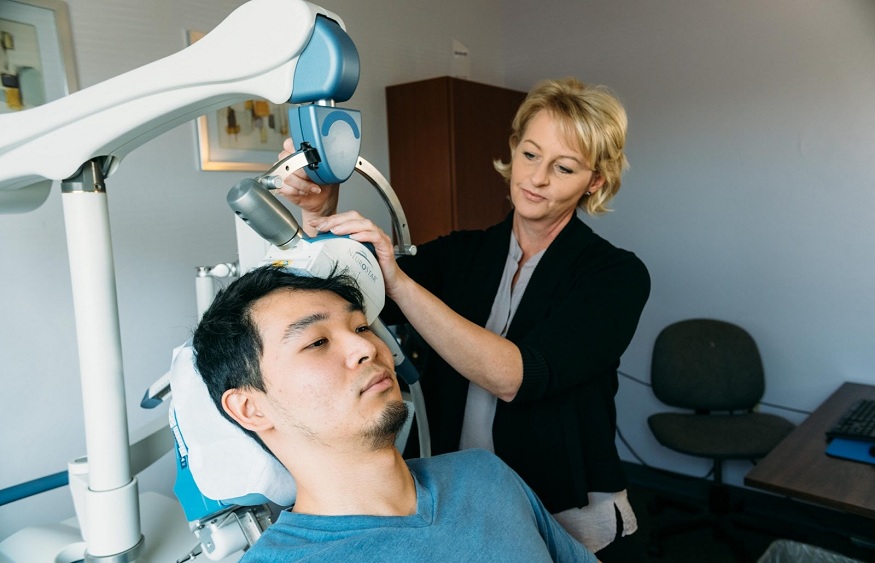Your Top 4 Questions About TMS Treatment Answered
Transcranial magnetic stimulation (TMS) treatment, also known as neurostimulation therapy or deep transcranial magnetic stimulation, is a non-invasive way to relieve symptoms of depression and other mental health conditions. It took years of research and clinical trials before the FDA gave its stamp of approval. To find out more about TMS treatment and how it can help you recover from depression, check out these answers to frequently asked questions about TMS therapy.
How Does It Work?
Transcranial magnetic stimulation (TMS) sends electromagnetic pulses into your brain through a magnetic coil. When it’s used as a treatment for depression, these pulses stimulate nerve cells in areas of your brain that control mood and help regulate how you feel. Unlike electroconvulsive therapy (ECT), which involves sending electric currents through your brain, TMS therapy is n’t invasive and can be used more frequently.
Do I Need to be Hospitalised for TMS?
No, you can have TMS treatment outside of a hospital setting. In fact, most patients don’t need to be hospitalised at all. They can get treatment as an outpatient at most treatment centres. Of course, it depends on your diagnosis and how severe your symptoms are. For example, if you have epilepsy or another serious condition, then yes, you might need to stay overnight for observation. Unlike ECT, you can receive TMS treatments in a clinic just like any other medical procedure.
How Long Does TMS Treatment Last?
Because every patient is different, it’s not easy to predict exactly how long your treatment will last. On average, treatment duration varies from a few weeks to several months. The length of each session depends on factors like whether you have other issues besides depression, but typically it could take around 30 to 40 minutes. Some people need multiple sessions per week. Talk with your doctor about how many sessions you might need for your TMS treatment and when they might be scheduled.
Who is a Good Candidate for TMS Treatment?
TMS is a treatment option for people who suffer from medication-resistant depression. However, it is important that you meet several criteria in order to be eligible for TMS treatment.
- If you have experienced at least two previous failed antidepressant medication trials and are experiencing severe depressive symptoms, you may be a good candidate for TMS treatment
- You must be 18 or older to qualify for the treatment.TMS therapy will not be provided to pregnant women
- TMS is also not recommended for patients with mental implants.
TMS has been around for decades and has gained popularity in recent years as a therapeutic treatment for depression. The benefits of TMS are also found to last several months (or longer) after the treatment. If you’d like to know more about the therapy, talk to the experts today.
